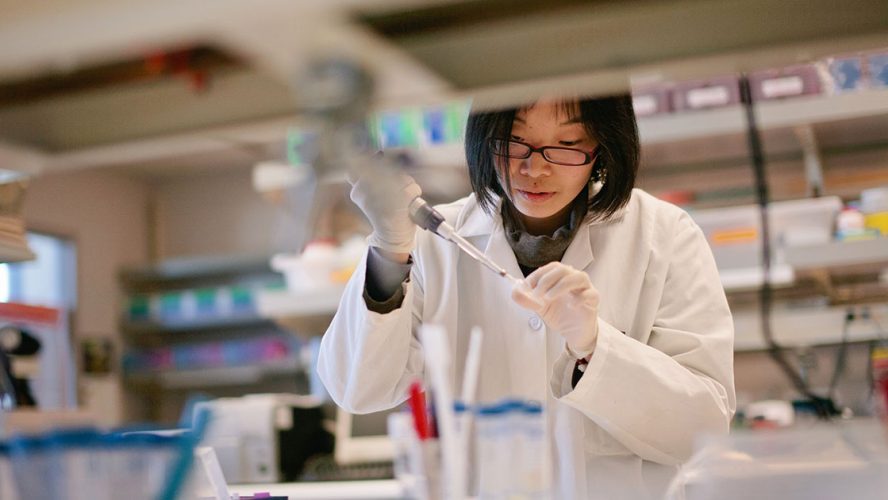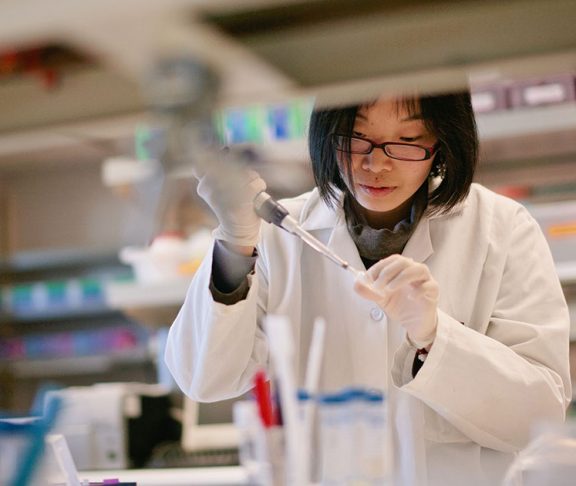
Dr. Thomas File, Jr., FIDSA
President, Infectious Diseases Society of America
As an infectious diseases physician, I have come to dread seeing a patient’s condition worsen, even become life-threatening, due to an infection that would have once been simple to treat. Unfortunately, the rising tide of antibiotic resistance, coupled with insufficient research and development of new antibiotics, is making this devastating scenario more common.
Not only does this mean that once easily treatable infections can now be fatal, but many of the life-saving medical advances that we’ve come to take for granted — cancer chemotherapy, organ and bone marrow transplants, joint replacements, and other surgeries — may become impossible to perform safely. These procedures increase infection risk but have been made safe by antibiotics.
Now we are seeing increasing numbers of patients who can beat cancer or successfully receive a new kidney, liver, hip, or knee, only to die from an infection that is resistant to antibiotics.
How did we get here?
And, perhaps more importantly, how can we ensure that we do not lose antibiotics — and the medical advances they enable — entirely? The solution is complex, but attainable and necessary.
Overuse and misuse of antibiotics drives the development of antibiotic resistance. This means the more we use antibiotics, the less effective they become over time. We need coordinated interventions in hospitals, doctors’ offices, and other healthcare settings to ensure antibiotics are used appropriately.
Infectious diseases physicians lead antibiotic stewardship programs, which aim to promote optimal antibiotic use. Ample data demonstrates that stewardship programs reduce inappropriate antibiotic use and improve patient outcomes — meaning that patients are cured and released from the hospital more quickly and are less likely to suffer from negative side effects associated with inappropriate antibiotic use.
The federal government needs to invest in stewardship programs and in the expert workforce needed to make them work.
Stewardship alone will not solve this problem. Even necessary and appropriate antibiotic use will cause resistance to develop, albeit at a slower rate. We need to invest in the discovery and development of new antibiotics.
The pharmaceutical industry has largely abandoned antibiotics because these drugs are not profitable. Typically taken for only a short duration and held in reserve to protect their usefulness, antibiotics do not yield a quick return on the investment required to develop them.
The federal government must step in to ensure that the antibiotic market does not collapse, which would reverse decades of medical progress, and leave physicians and patients without these life-saving medicines.



